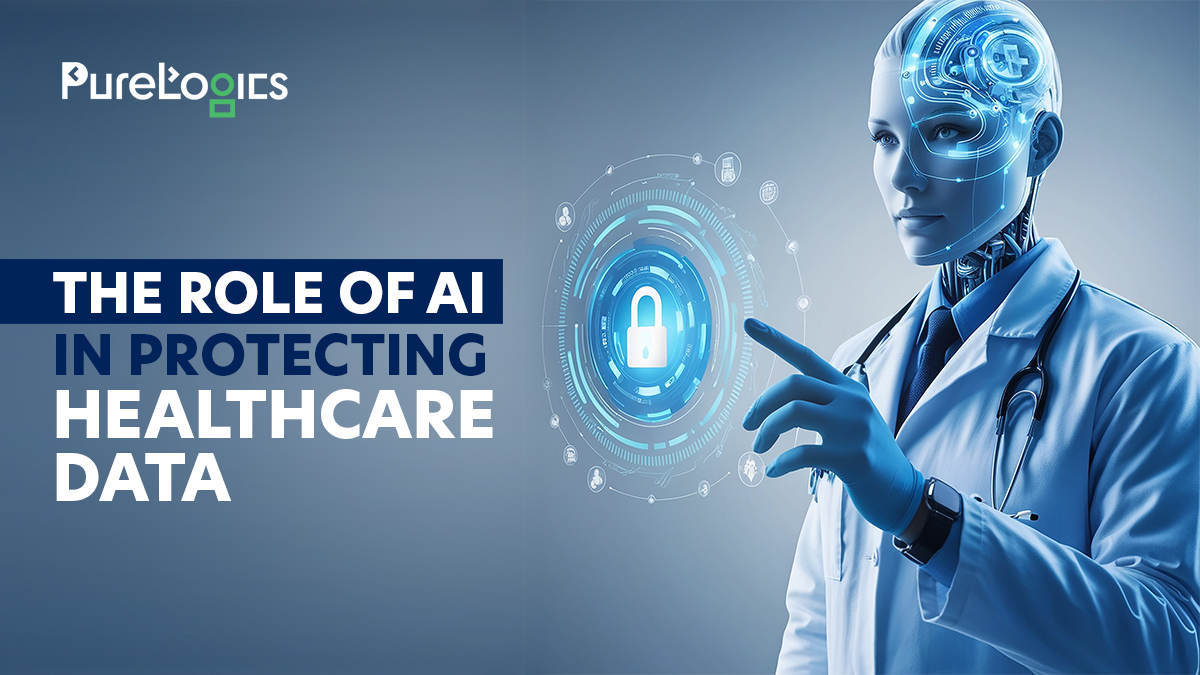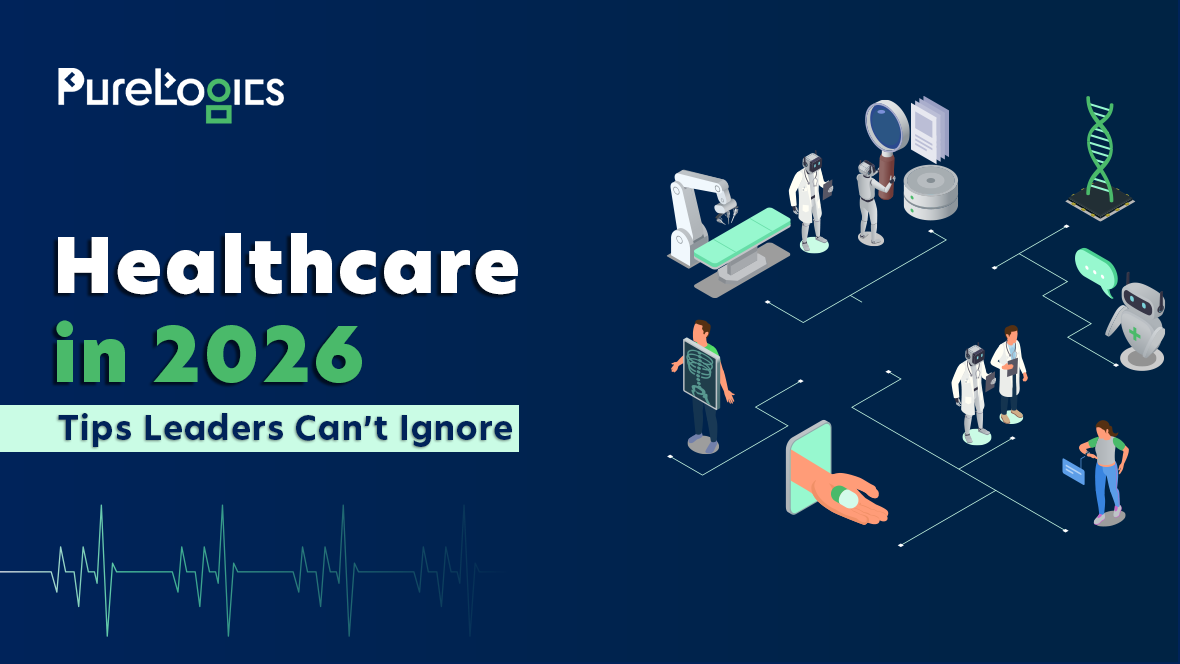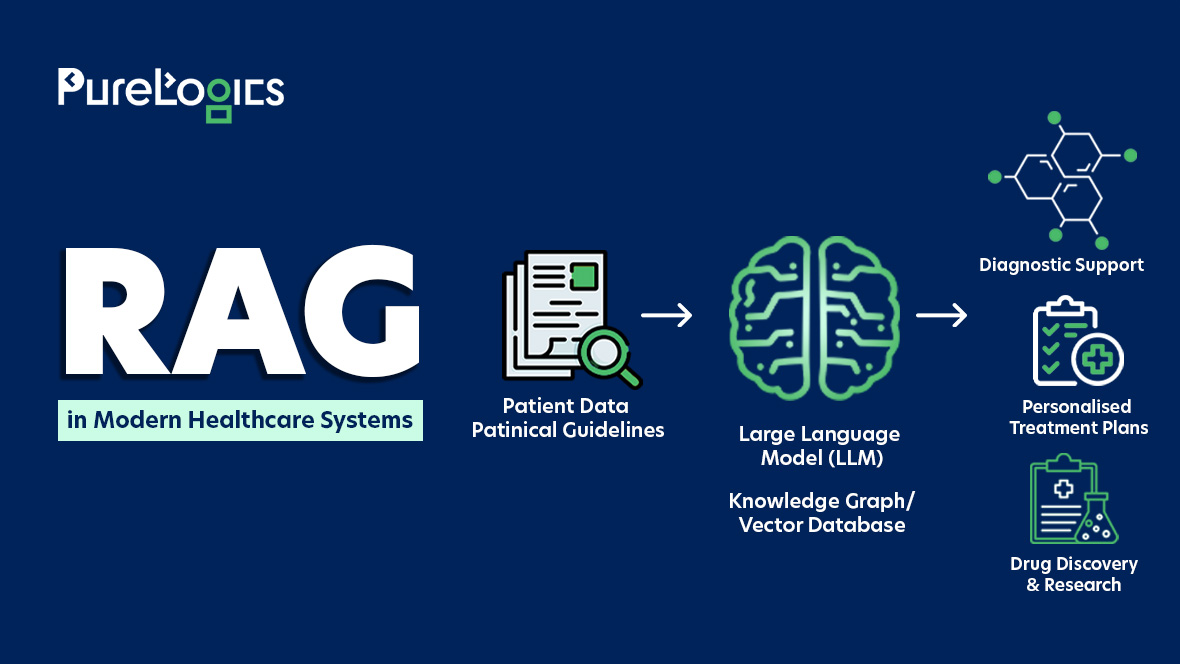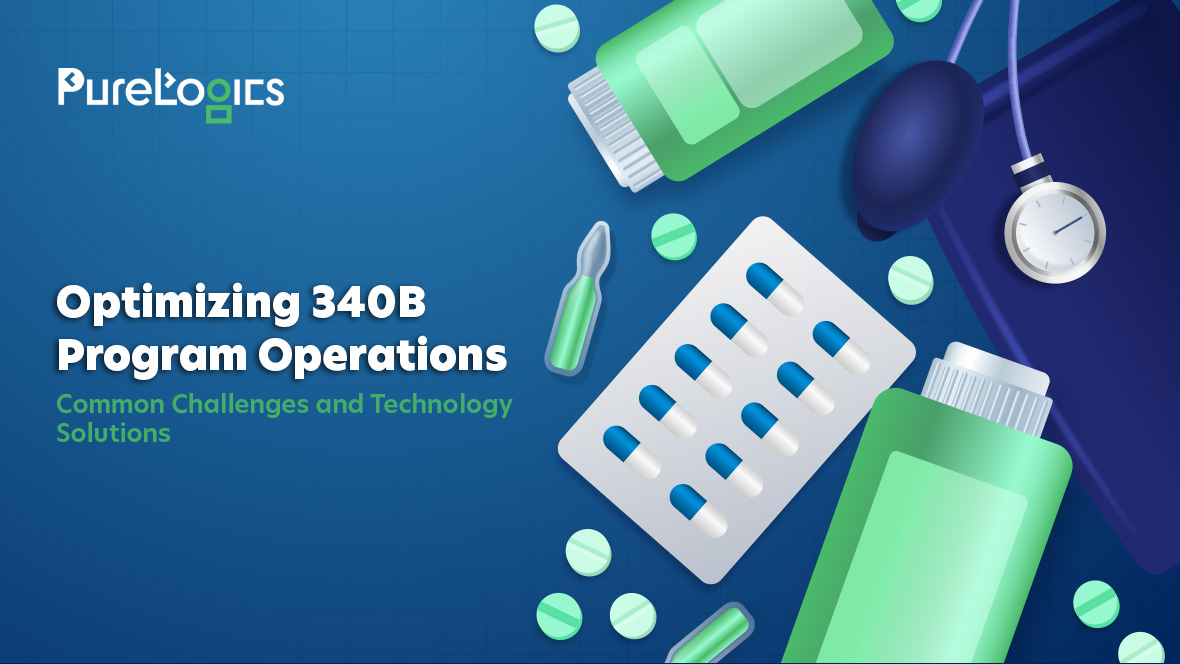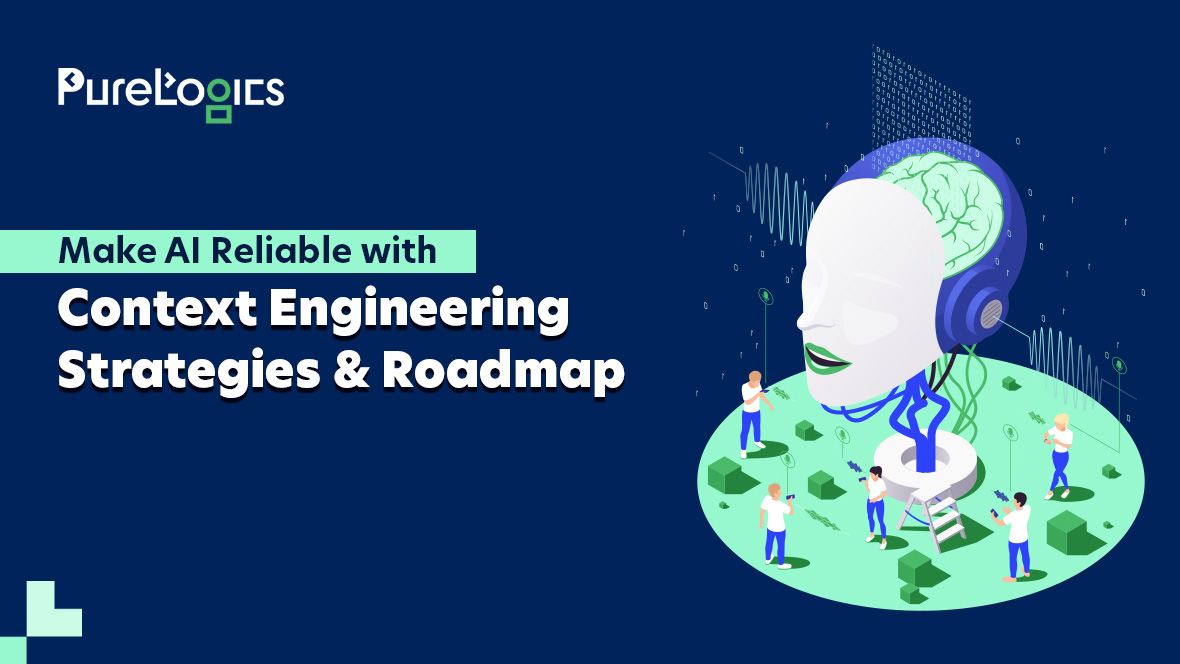The healthcare sector significantly relies on digital apparatuses to oversee patient information. Therefore, the security of patient data has become a major concern. As the healthcare industry goes online, more cybersecurity threats are becoming the headlines of the news channels. Also, you understand the volume and complexity of the healthcare data.
Thanks to AI which has emerged as a leading power in protecting sensitive data of patients. Healthcare professionals adore this technology a lot because its state-of-the-art capabilities go beyond conventional healthcare practices.
In this blog post, we have explored the unprecedented role of AI in protecting sensitive healthcare data. It discusses not only its benefits and applications but also its future trends. So, without any further ado, let’s start reading!
Importance of Healthcare Data Security
Healthcare data is, undoubtedly, one of the most sensitive kinds of information. It includes medical histories, personal details, treatment plans, and even genetic information of the patient. Any kind of unauthorized access to patient data can produce severe consequences. For example, it can be identity theft, financial fraud, and even compromised patient safety.
Moreover, when it comes to healthcare organizations, healthcare data breaches can their reputation and even lead to financial penalties due to non-compliance with regulations. Following this critical nature of healthcare data, it is not only a legal obligation, but a moral duty of healthcare organizations to protect their patients’ data.
This is where artificial intelligence steps in. It resolves all the security problems of healthcare data and provides organizations with state-of-the-art solutions to protect healthcare data.
Safeguard Your Patients’ Data with AI
Stay ahead of cyber threats and ensure data security with AI-powered solutions tailored for the healthcare sector.
AI’s Role in Protecting Healthcare Data
Now, let’s have a detailed discussion on the role of AI in safeguarding healthcare data!
Threat Detection and Prevention
AI can figure out and mitigate all kinds of cyber threats. It employs machine learning algorithms to analyze vast amounts of data to detect unusual patterns that can cause a security breach. For instance, AI can monitor network traffic to identify anomalies that suggest a potential cyber attack.
Previous security systems used to depend on predefined rules. However, AI-driven systems learn from new threats and adapt their responses accordingly. This ability makes AI an efficient and reliable tool in defending against evolving sophisticated cyber attacks.
Data Encryption and Decryption
AI can also improve healthcare data encryption by automating and optimizing encryption algorithms. Traditional encryption methods are time-consuming and don’t provide the required level of security to protect sensitive information. AI can help streamline the encryption process. It ensures that data is encrypted and decrypted efficiently without compromising security.
Moreover, AI can manage encryption keys more effectively. It has the utmost ability to minimize the risk of human error— you know that it is a common vulnerability in data security. AI is the technology that ensures that only authorized individuals get access to encrypted data. Not only this, it also safeguards sensitive information from unauthorized access.
Anomaly Detection in Electronic Health Records (EHRs)
Electronic Health Records (EHRs) are a prime target for cybercriminals. The primary reason is the huge number of sensitive healthcare data they contain. AI can analyze EHRs to detect irregular patterns and anomalies.
For instance, if a user accesses an unusually large number of records in a short period or tries to access records outside of their regular scope of work, AI will quickly flag this behavior for investigation. This proactive approach of artificial intelligence makes it a no. 1 choice to protect healthcare data.
Automated Response to Security Incidents
You know that in the event of a security breach, time is of the essence. AI streamlines the response to security incidents and enables immediate action to contain the breach and minimize the chances of damage. This is an automated response with no human intervention. For example, AI will isolate affected systems, block unofficial access, and begin data recovery processes.
This rapid response capability is crucial in limiting the impact of a data breach. It makes sure that a healthcare organization can quickly restore normal operations while protecting the sensitive data of their patients.
Compliance with Regulatory Requirements
Healthcare organizations are subject to strict regulatory requirements, such as the Health Insurance Portability and Accountability Act (HIPAA) in the United States, which mandates the protection of patient data.
AI can help ensure compliance by monitoring access to healthcare data and generating audit trails. It provides real-time alerts for any activities that may violate HIPAA or any other regulatory standards. This is how AI decreases the unnecessary burden on healthcare providers and helps organizations avoid costly penalties.
Benefits of AI in Healthcare Data Security
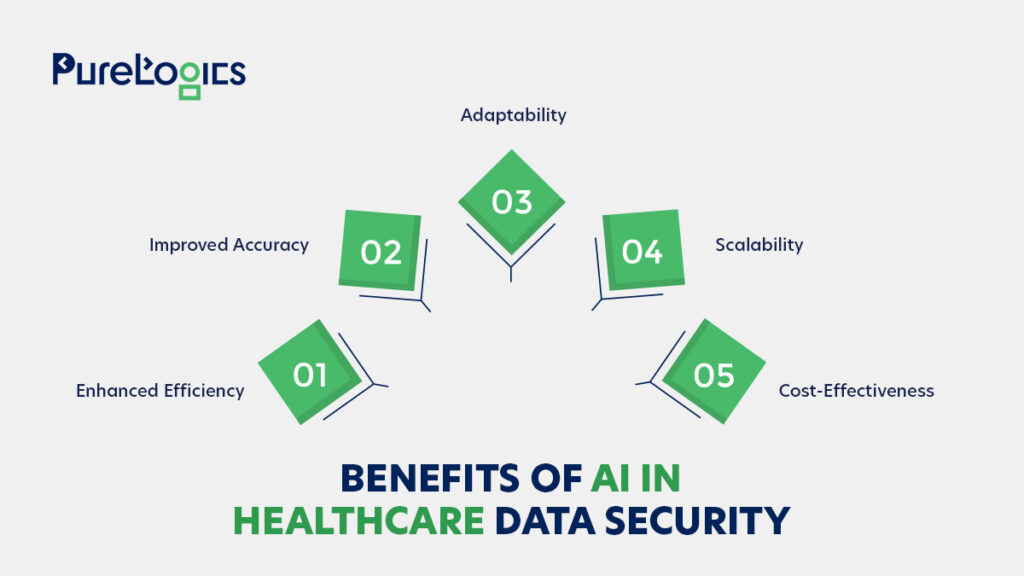
Enhanced efficiency: AI automates many aspects of data security. It minimizes the need for manual intervention and enables professionals to focus on patient care.
Improved accuracy: AI has the strongest ability to analyze large datasets with precision. Healthcare experts adore this technology because it minimizes the risk of false positives and identifies and addresses only genuine threats.
Adaptability: AI systems also learn and adapt to new threats. This feature will make AI more effective over time in protecting against evolving cyber risks.
Scalability: AI has an inherent potential to handle the growing volume of healthcare data. It ensures that your healthcare security measures keep pace with the increasing complexity of healthcare systems.
Cost-effectiveness: AI also lowers overall costs by automating healthcare security processes.
Future Prospects of AI in Healthcare Data Security
The future of AI in healthcare data security is promising. The ongoing technological advancements will further enhance AI capabilities. In the near future, we will see:
More sophisticated threat detection: AI systems will become even more adept at identifying complex threats. They will enable healthcare providers to stay ahead of cybercriminals.
Greater use of predictive analytics: AI will use more predictive analytics to anticipate potential security breaches before they occur. This will allow professionals to prepare for preemptive action.
Integration with IoT devices: As the IoT becomes more prevalent in the healthcare industry, AI will play a leading role in securing IoT devices and the data they generate.
Personalized security measures: Artificial intelligence will enable more personalized security measures. The technology will tailor data protection strategies to the specific needs of individual healthcare organizations.
Enhance Healthcare Data Security with AI
Empower your healthcare organization with AI-driven security solutions to prevent breaches and protect sensitive patient information.
Conclusion
The role of AI in protecting healthcare data is gaining more popularity because it is the only technology that can address security challenges. Most healthcare organizations are welcoming AI tools and technologies, so you must also incorporate them into your healthcare apparatus as soon as possible. AI will detect threats, streamline relevant responses, and ensure compliance with internationally accepted regulatory requirements.
So, hurry up! Don’t wait for another day. Incorporate AI into your organization and protect the sensitive data of your patients. PureLogics is a leading AI development services company in the United States. We guarantee to develop an AI solution that won’t allow anyone to disrupt the integrity and confidentiality of your healthcare data.
Contact us now for a free 30-minute consultation!


 [tta_listen_btn]
[tta_listen_btn]
 September 25 2024
September 25 2024

